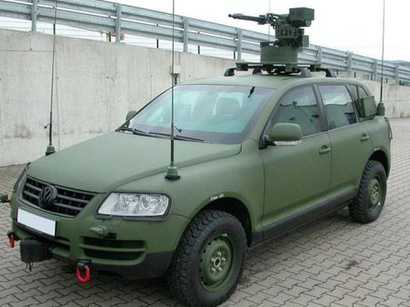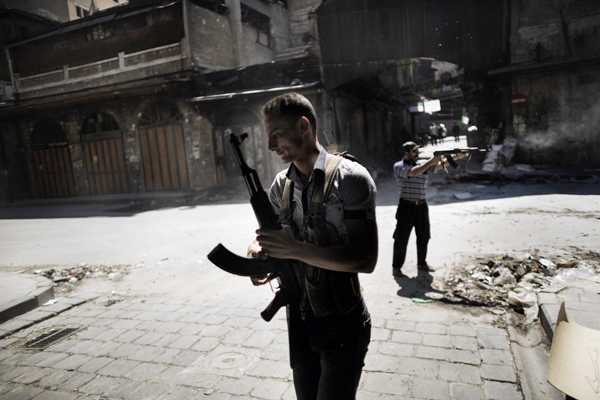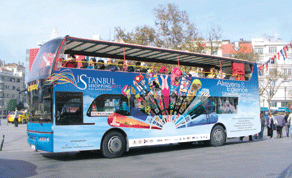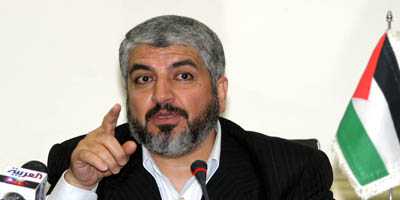Parliament recently approved two separate agreements with Qatar and Saudi Arabia — two of the staunchest states seeking the fall of the Syrian regime, along with Turkey — regarding cooperation in the training of military personnel among the three states, Today’s Zaman reported.

The approval of the two agreements, which have been obtained by Today’s Zaman, came on the heels of ongoing tensions along the Turkish-Syrian border and escalating military strikes between Turkey and Syria.
Damascus accuses foreign powers — including Qatar, Saudi Arabia and neighboring Turkey — of supporting Syrian opposition forces struggling to topple embattled President Bashar al-Assad, and of destroying the stability of Syria and meddling in its internal affairs.
Turkey and the two Sunni Arab states have adopted a similar stance regarding the Syrian conflict in the diplomatic sphere. However, the approval of the two agreements amid the ongoing Syrian conflict is a development that could add a new dimension to the 19-month-old crisis.
The Military Training Cooperation agreement between Turkey and Qatar was signed in the Turkish capital of Ankara on July 2 and published in the Official Gazette on Nov. 7, with Law No. 3849.
According to Article 1 of the agreement with Qatar, the purpose of the agreement is to establish cooperation mechanisms between Turkey and Qatar in the field of military training.
The agreement, which was signed by Qatari Army Chief Gen. Hamad Bin Ali Al Attiyah, and his Turkish counterpart Gen. Necdet Özel, aims to enhance and consolidate friendly relations existing between the two countries.
Article 4 of the agreement specifies areas of military cooperation at War Colleges, the Gülhane Military Medical Academy and the Mapping General Command.
According to the same article, training areas and the education of personnel will also include the gendarmerie, the coast guard and border security.
Article 4 states the main areas of cooperation as follows: “Participation in joint exercises, exchange of delegations, visiting harbors and docking, exchange of information regarding improvement of training, exchange of information on military history, military archives and military publications, cooperation in logistics training, cooperation on peace support, counterterrorism, humanitarian relief, countering sea robbery and piracy and exchange of personnel.”
According to Article 3 of the agreement, the General Staffs of both countries are responsible for the training of personnel, which should be provided in accordance with the criteria set by the states.
In line with this agreement, ahead of any request to send personnel for training, notification will be given to the receiving state in March of the year prior to the beginning of the training program at the latest.
The agreement emphasizes that cooperation should occur within the framework of respect for the laws of the countries, and on the basis of reciprocity and mutual benefit.
According to Article 6, the training of guest personnel should be provided in conformity with the programs of the military institutions or units where the training is provided. However, the article specifies, “If the subjects cover certain issues related to national security, some restrictions may be imposed.”
Turkey’s Military Training Cooperation agreement with Saudi Arabia was signed in the Saudi capital, Riyadh, on May 29, and was published in the Official Gazette on Oct. 10, with Law No. 3634.
The agreement with Saudi Arabia underlines the importance of enhancing friendly relations existing between the two nations and of cooperation in the field of military training, confirming that cooperation between the two countries promotes international peace and stability.
The agreement, which was signed by Saudi Brig. Gen. Abdulaziz Marzouq Al Johani and his Turkish counterpart, Brig. Gen. Salih Sevil, chief of the training division, says Turkey and Saudi Arabia should set out the specialist and technical courses (operations, logistics, intelligence, etc.) to be held annually at their military centers.
via Turkey approves military deal with Qatar, Saudi Arabia amid Syrian conflict – Trend.Az.





